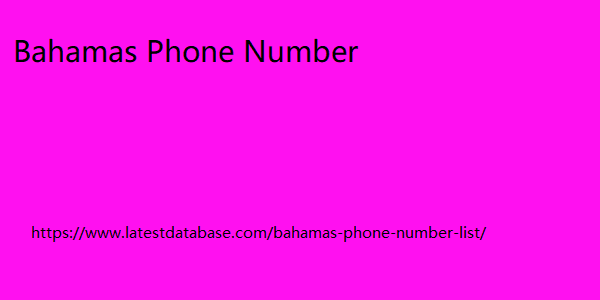|
|
At ynner, yuri trafane , extreme situations, such as the pandemic, make people question essential aspects of their lives. “many have gone off autopilot and are asking themselves: why do I work? What price am I willing to pay to have a salary? Is it worth selling a part of my life just for money? Or is there a way to better balance my personal and professional aspirations,” he explains. Trafane goes on to say that, often, the answers to these questions point in the opposite direction of what these individuals are experiencing. For other organizations , other places, other rewards beyond pay. “this is what leads many people to quit their jobs and look for new horizons”, he concludes.
Demystifying empathy why is it so difficult to practice empathy? Many of our confrontations or fights happen because of our behaviors. From a young age, we are encouraged not to try to understand what we feel and even to ignore our Bahamas Phone Number feelings. The most common thing is that we remain in the duality of victim or oppressor, innocent or guilty, giving a lot of voice to judgments about others and ourselves as well. We also tend to outsource responsibility for what is originally ours or to take all of the other people's load onto us. Either I blame others or I take on everything myself! About the trials in practice, for example, when a coworker wants more support, I might think that he or she is “insecure and dependent.

” but that's just my judgement. However, if I am the one who wants more support, my perspective changes and I may think that I have this need (for support) because my work partner is very competitive and individualistic. And again, this is just my judgment. In short, “everything is about someone else, it’s because of them that I’m not okay! ” this is nonsense, a distorted view of reality. Unfortunately, very common! Changing lenses on the other hand, when we focus on others, through the lens of non-violent communication , we learn to look at situations from other angles, without labels, without looking for blame. We become more attentive to what is unsaid, to what is behind attitudes and words.
|
|